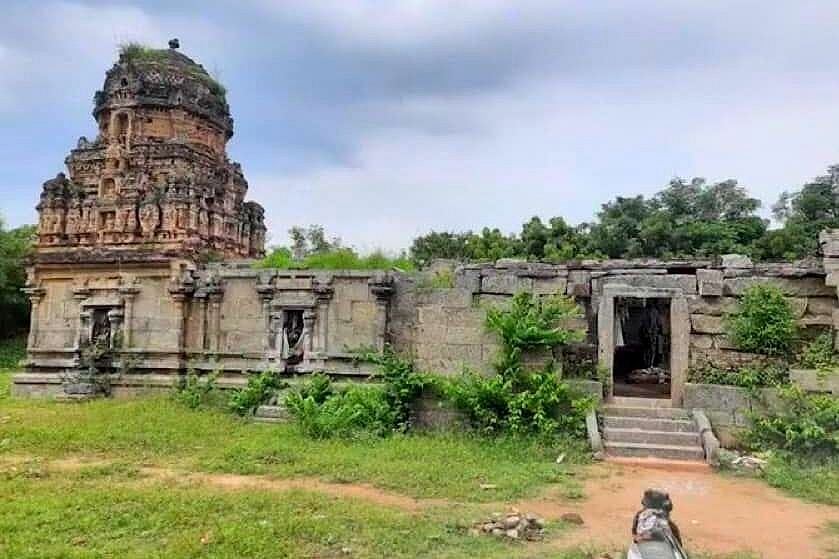
‘Temple Rights Over Their Lands Are Perpetual,’ Says Madras High Court; Ruling Might Impact Takeover Of 1,500-Year-Old Temple Property By Tamil Nadu
The Madras High Court has ordered the HR&CE Department to retrieve the lands of two temples in Chennai suburb and Salem district, and ensure they are maintained to serve the interests of the temples.
The Madras High Court has asked the Tamil Nadu Hindu Religious and Charitable Endowments (HR&CE) Department to retrieve the lands of two temples in the state by removing all encroachments, and ordered that they be maintained to serve the interests of the temples.
Madras High Court Justice R Mahadevan also ruled that the temples had the “perpetual rights of possession and enjoyment” over parcels of their lands, which can be used only for the “beneficial interests of the temple”.
The court gave this ruling setting aside the alienation of parcels of land owned by temples to various Tamil Nadu state departments.
This included the alienation of 2.08 acres of Sri Sakthi Muthamman Temple in Chennai suburb Neelangarai to the Tamil Nadu Fisheries Department. Another temple which will benefit from this ruling is the Arulmighu Kottai Mariamman Thirukovil at Omalur in Salem district.
The ruling is significant particularly in the current context where the Tamil Nadu government has attempted to take over the lands of at least two ancient temples.
This is also in line with the arguments by temple activists and devotees against the state government ignoring the rights of temples to protect their properties.
Last week, during the hearings by the HR&CE Department on the taking over of the 1,500-year-old Sri Nareeswarar Temple at Veeracholapuram in Kallakurchi, Temple Worshippers Society President T R Ramesh pointed out that temple lands cannot be sold for public purpose and such sale can only be a last resort.
In this hearing, Justice Mahadevan made clear the high court’s disappointment over the Tamil Nadu government’s attempts to take over temple lands.
“This court, time and again, has observed that temples in Tamil Nadu are not only a source of identification of the ancient culture, but also a testimony of pride, knowledge of the talent in the field of arts, science and sculpture, and a conduit for spiritual activities as well,” the judge was quoted as observing by Times of India.
The judge said the land parcels of the Neelangarai and Omalur temples cannot be alienated or leased or encumbered illegally against their interests. He also ordered the HR&CE Department to construct compound walls to ensure the lands’ safety.
Justice Madhavan observed that temple lands had to be maintained to derive more income to be spent on their development. He expressed anguish over the HR&CE Department not taking any action to protect the interests of the temples.
He asked the state government to provide necessary assistance to the HR&CE Department for proper maintenance and protection of temples.
This ruling puts a big question mark over the alienation of 14.09 hectares of the Veercholapuram Sri Nareeswarar Temple by the Tamil Nadu government to build the Kallakurichi district collectorate.
A controversy has broken out over this issue with temple activists and devotees alleging that the HR&CE Department had violated Section 34 of the HR&CE Act that has guidelines for selling, leasing or mortgaging temple lands.
In the case of the Veeracholapuram temple, activities to construct the collectorate have begun even before the HR&CE Department could permit the alienation. HR&CE Commissioner S Prabhakar Rao told a group of temple activists that he had ordered a stay on the construction activities.
Similarly, the Madras High Court stayed the taking over of lands of the ancient Kadambaneshwarar Temple at Kulithalai in Karur district to construct a bus stand.
In the last couple of months, the Madras High Court has been taking a strong view of the violations of the HR&CE Act by the Tamil Nadu government in allowing temple lands to be misused.